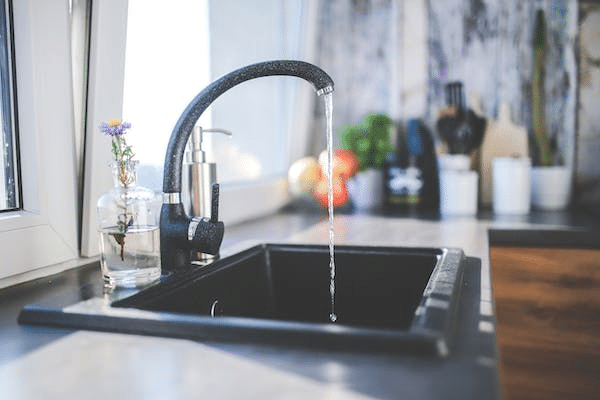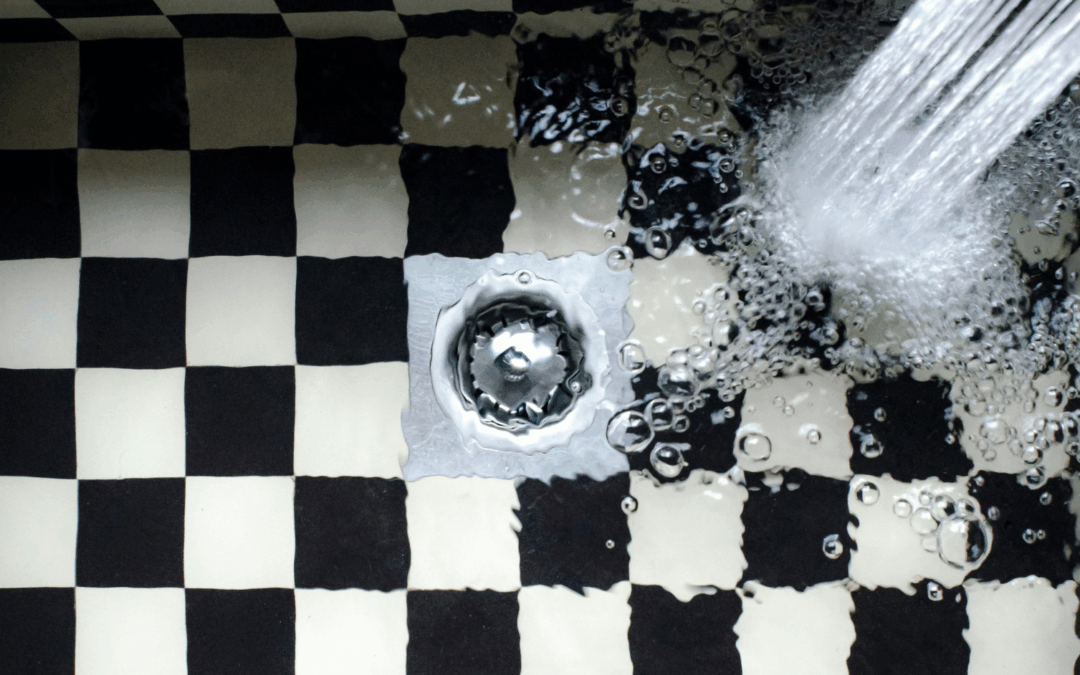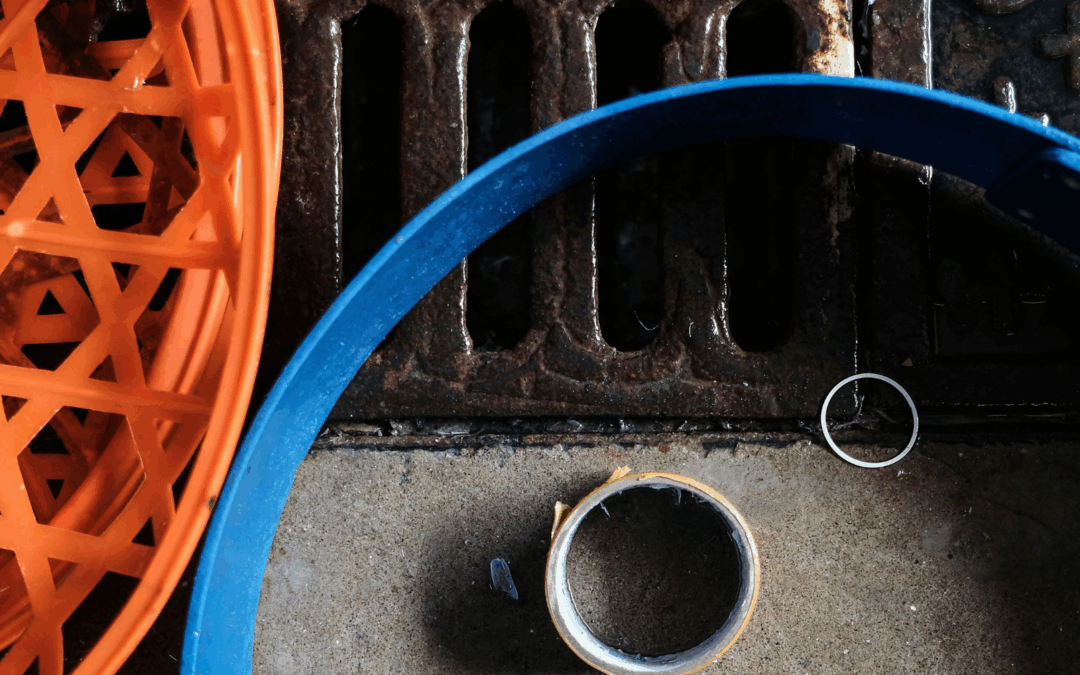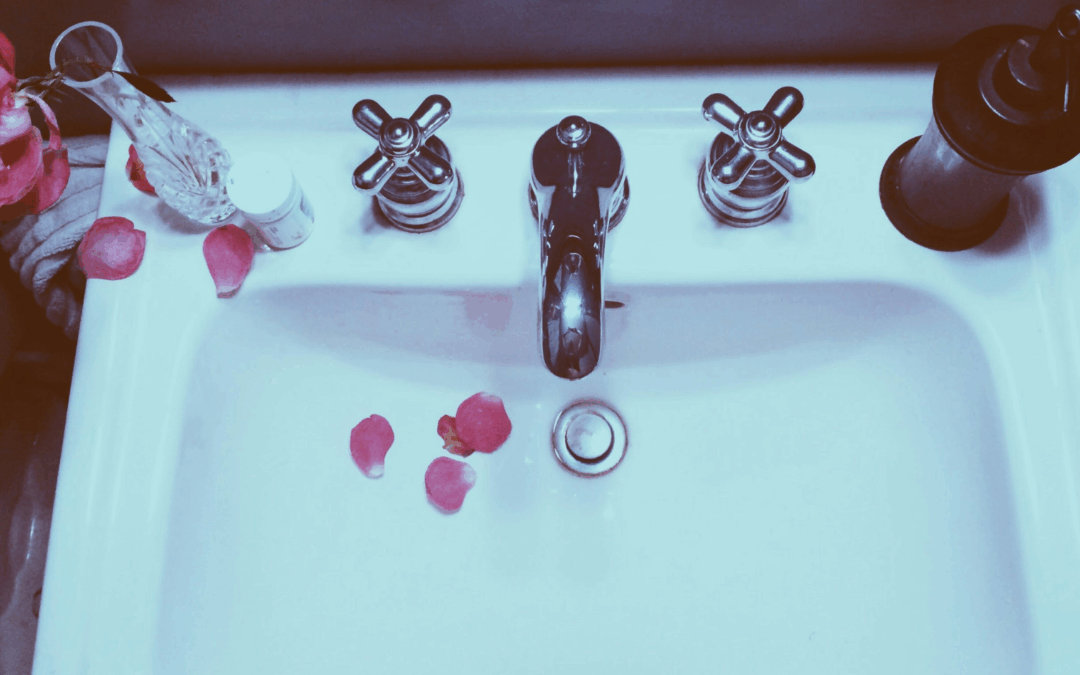What is the best material for a kitchen sink? Kitchen sinks get a lot of use and abuse. From washing dishes to cleaning fruits and vegetables, the sink is an essential part of every kitchen. Choosing the right material for your sink is important because it will affect not only the way your sink looks but also how durable and practical it is. There are many different materials to choose from when it comes to kitchen sinks, each with its own advantages and disadvantages. In this blog, we will discuss the most popular and common kitchen sink materials, and help you decide which one is best for your needs.
Stainless Steel
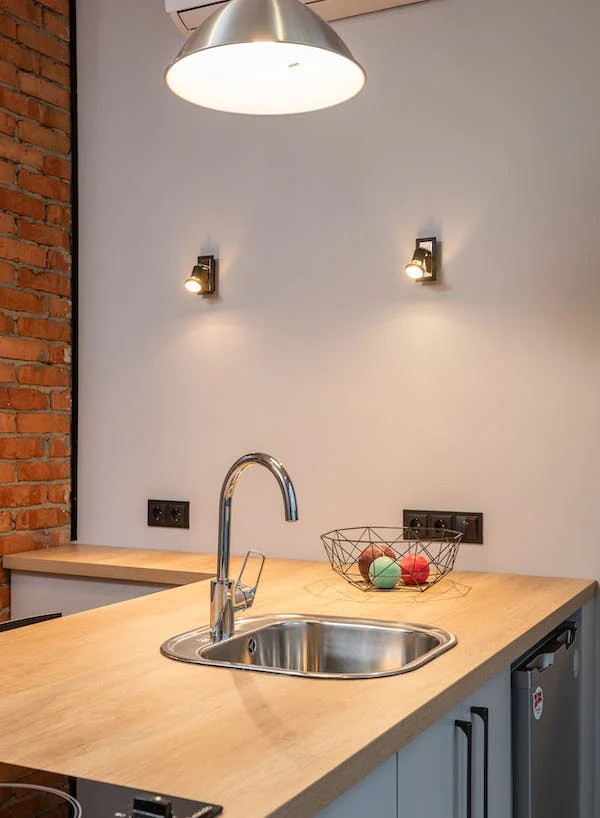
Stainless steel is the most popular and choice for kitchen sinks because it is affordable, easy to clean, and durable. It resists stains, rust, and corrosion, and it can withstand high temperatures. Stainless steel sinks come in a range of sizes, shapes, and depths, making them suitable for any kitchen. They are also available in different finishes, from polished to brushed. Stainless steel sinks do dent and scratch, so if you want to keep your stainless steel sink looking new, consider a gauge of 18 or lower.
Schedule Service Online
Get a free estimate so you know what you're signing up for
"*" indicates required fields
For Emergency Services Call: 410-255-9300
Enameled Cast Iron Sinks
Cast iron sinks have been around for a long time, and they are still popular because of their timeless look. They are made by pouring liquid iron into a mold, and then coating it with enamel. The enameled cast iron makes it resistant to stains and scratches, and it gives them a glossy, easy-to-clean surface. Cast iron sinks come in a variety of colors, but they are heavy and require extra support. They can also chip or crack if heavy objects are dropped on them.
Fireclay
Fireclay sinks are made from clay that is fired at a high temperature. They are known for being extremely durable and stain resistant. Fireclay sinks have a glossy, easy-to-clean surface, and they come in a range of colors. They do require extra support because they are heavy.
Granite Composite
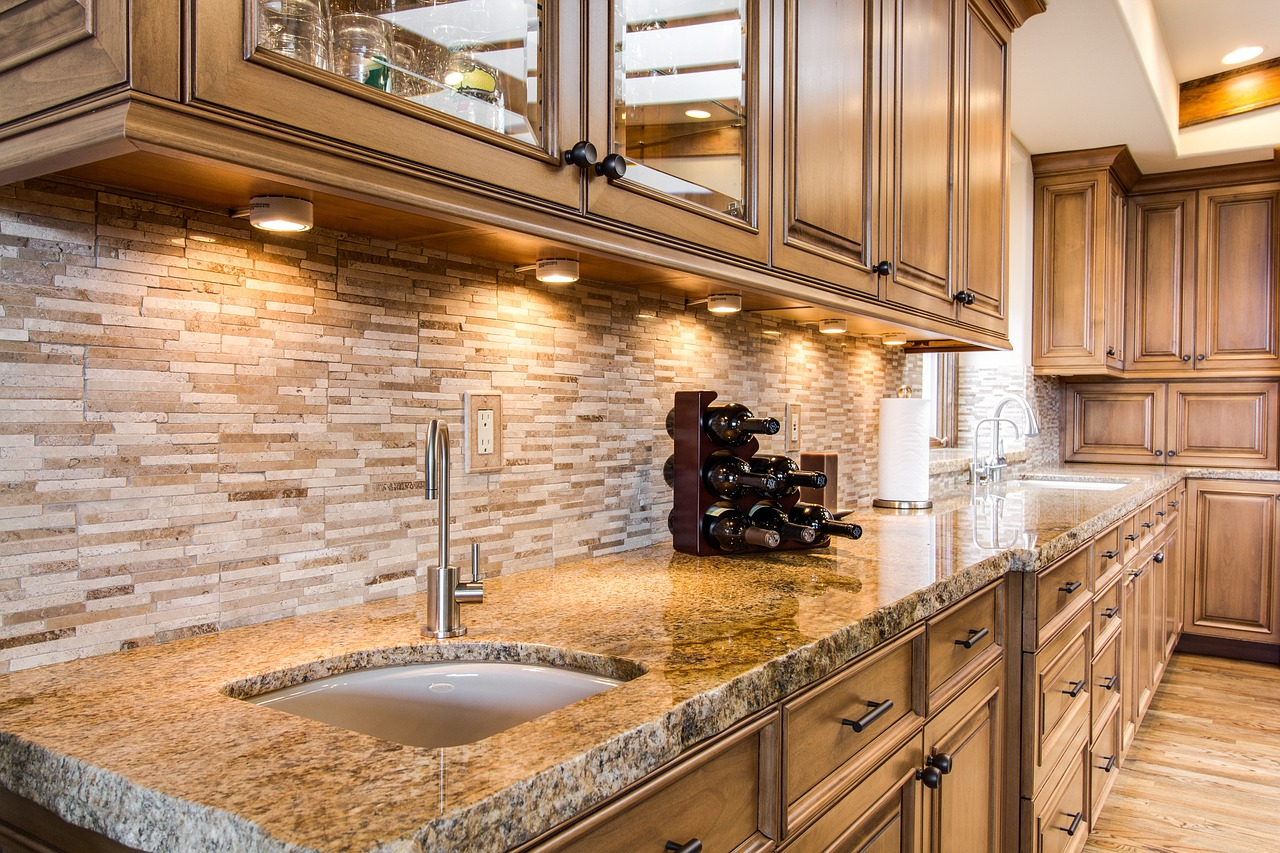
Granite composite kitchen sinks are made from a mixture of natural stone granite and acrylic resin. Granite kitchen sink materials are highly durable, and they resist stains, scratches, and heat. They come in a range of colors and finishes, and they have a non-porous surface that is easy to clean. Granite composite kitchen sinks are also quiet and reduce the sound of running water.
Copper
Copper kitchen sinks are unique and add a touch of warmth and elegance to any kitchen. They are often used in rustic or traditional kitchens but can also work well in modern spaces. Copper sinks are antimicrobial, which means they are bacteria-resistant. Copper also develop a patina over time, which can add character to the sink. However, copper sinks require regular maintenance to prevent them from tarnishing.
Kitchen Sink Garbage Disposal – A Convenient and Environmentally-Friendly Solution
Kitchen sink garbage disposals are a must-have for any modern kitchen. They are essential because they provide a convenient and effective way to dispose of food waste. However, what many people do not know is that they offer more than just convenience. Let’s explore the many benefits of a kitchen sink garbage disposal. From reducing household waste to fighting environmental pollution, read on to discover why a kitchen sink garbage disposal is one of the best investments you can make for your home.
Reduces Kitchen Waste
One of the top benefits of having a kitchen sink garbage disposal is that it helps to reduce kitchen waste. It eliminates the need for a trash can to have foul-smelling food waste. Rather than accumulating plastic bags in the bin, a garbage disposal puts the food waste directly where they belong: in the sewage system. It can help to keep the kitchen smelling clean, without having to worry about the trash can or compost bin.
Helps the Environment
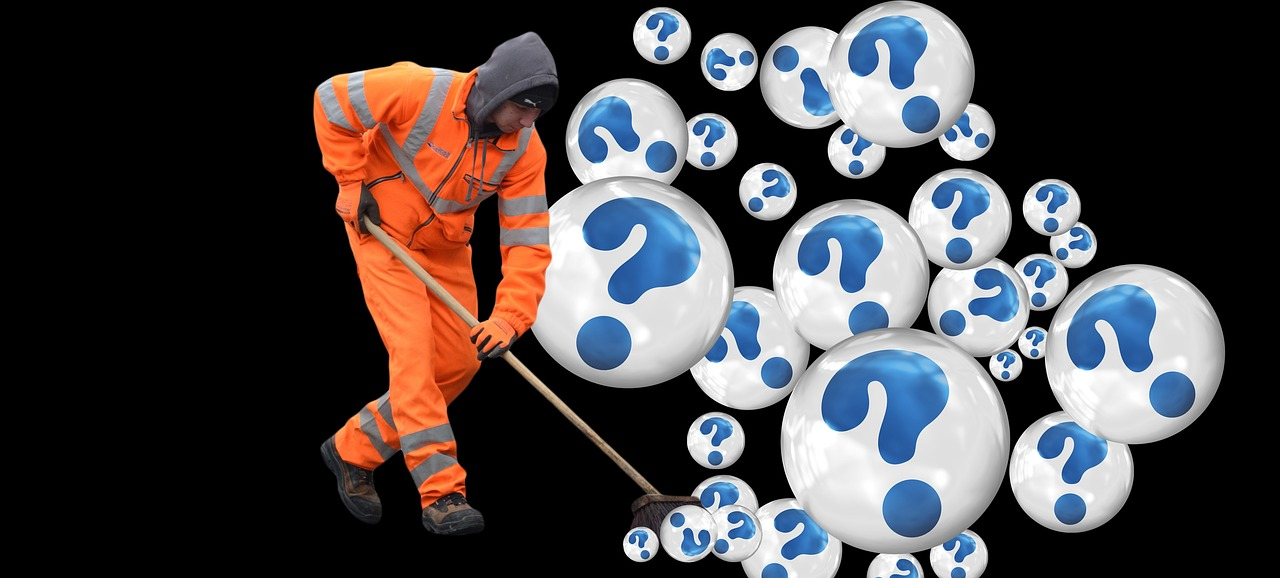
Kitchen sink garbage disposals can help the environment in several ways. For one, they reduce the amount of waste in landfills, where food waste is a significant contributor to greenhouse gas production. Secondly, by breaking down food waste, garbage disposals make it easier for wastewater treatment plants to clean the water before it is released into the environment. This leads to less pollution in the environment, making garbage disposals an eco-friendly solution.
Saves Time and Money
While a garbage disposal does come with a considerable upfront cost, it saves you money in the long run. Since garbage disposals reduce the amount of waste going into the trash can, trash bags last longer, and you have to empty the bin less frequently. Additionally, since food waste is dispensed of quickly, there is less time spent cleaning the kitchen, meaning you have more time in the day to do other things.
Improves Hygiene
Kitchen sink garbage disposals help reduce the spread of germs that can come from food waste. Since the waste is disposed of immediately, there is less of a chance for bacteria to grow or for odors to develop. This makes the kitchen a cleaner, more hygienic place and reduces the risk of food poisoning.
Increases Property Value
Finally, a garbage disposal can increase the value of your property. Installing a garbage disposal is a desirable feature of any modern kitchen. A potential buyer will be attracted to a kitchen that has a garbage disposal and see it as a sign of a well-maintained home. It may not seem like much, but it can make all the difference when it comes time to sell your property.
A kitchen sink garbage disposal is a beneficial appliance for any home. From helping the environment to reducing kitchen waste and making cleanup faster and easier, it’s an investment that pays off long-term. Although installing one may be an expense, it will save you money on bags and cleaning supplies in the long run and increase the overall value of your property. Consider upgrading your kitchen with a garbage disposal today!
Hard Water Stains On Your Sink
Kitchen sinks are among the most frequently used fixtures in our homes. They are not only important for washing dishes and preparing meals, but they also add aesthetic value to our kitchens. Unfortunately, having hard water in your kitchen sink can be quite a nightmare. Hard water can leave stains, build up limescale deposits, and cause your kitchen sink material to look unclean. If you’re struggling with hard water in your kitchen sink, keep reading below. We’ll explore what hard water is, the effects hard water can have on a kitchen sink, and most importantly, how to remedy the situation.
What is Hard Water?
Simply put, hard water is water that contains a high level of dissolved minerals, particularly calcium and magnesium. These minerals are picked up from rocks and soil as water passes through them. When hard water is used for domestic purposes such as washing dishes or cleaning itself, it can leave mineral deposits on surfaces.
Effects of Hard Water on a Kitchen Sink
The most evident effect of hard water on a kitchen sink is that it leaves ugly stains that eventually build up limescale deposits. Over time, these stains can become tough and require specialized treatments to remove. Additionally, hard water causes the sink to become discolored and takes away the shine of the sink surface. Furthermore, hard water can cause you to use a lot of soap to be able to create lather which results in wastage of soap and additional expenses.
Remedies for Hard Water in Your Kitchen Sink
There are several remedies to consider when dealing with hard water in your kitchen sink. One of these solutions is the use of a mixture of vinegar and baking soda. This mixture can help remove hard water stains, but requires extra work as it can be a tedious task. Another solution is the use of a water softener system. These systems work to reduce the dissolved minerals in the water, effectively eliminating the possibility of hard water damage in your sink. Installing a water softener system is a long-term investment. Other remedies include the use of specialized cleaning products, such as cleaning powder, to help unclog the accumulated mineral deposits on the sink surface.
Prevention Tips
Prevention is key to avoid hard water damage to your kitchen sink. One way to prevent hard water damage to solid surface sinks is by regularly cleaning your sink using specialized cleaning agents. You can also consider using distilled water, which is free of the dissolved minerals that cause hard water spots. Finally, you can install a water softener system which will help reduce the mineral content of water and prevent hard water damage.
Conclusion
Choosing the right material for your kitchen sink is a decision that depends on your personal style, budget, and needs. Stainless steel sinks are the most popular choice because it is affordable, durable, and easy to clean. Cast iron sinks have a timeless look, but they are heavy and can chip or crack. Fireclay sinks are highly durable and resistant to stains but require additional support. Natural Granite composite sinks are popular kitchen sink materials. They are durable, quiet, and easy to clean, but they can be expensive. A copper sink adds warmth and character to a kitchen, but require regular maintenance to keep them looking their best.
Ultimately, the best material for your sink is the one that fits your lifestyle and enhances the functionality and aesthetics of your kitchen.
Did you know that MD Sewer & Plumbing also offers sink remodels? We can help you decide on the best material for you. As they say, your kitchen is your happy place, and you deserve to feel confident about your choice. Call us today or submit a form on our website, we offer free estimates!


